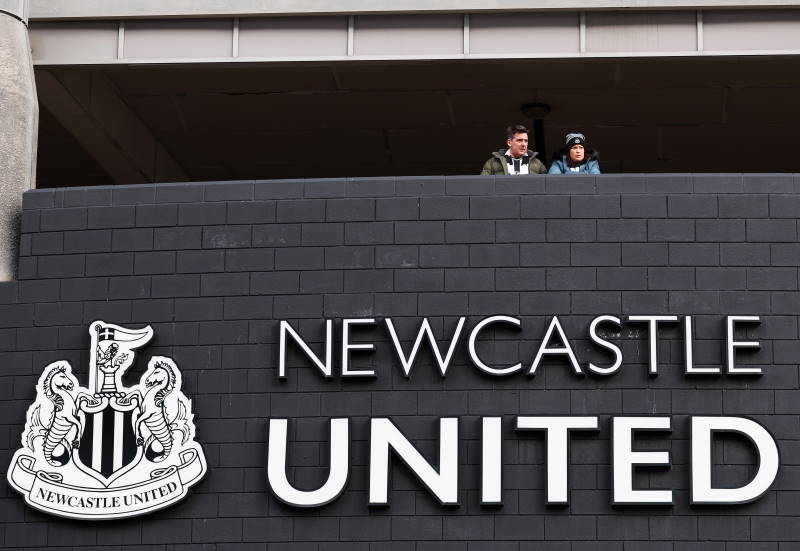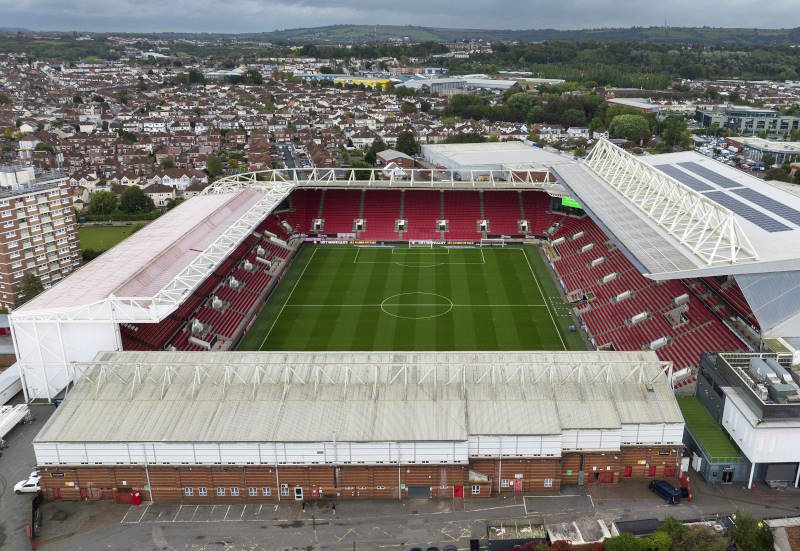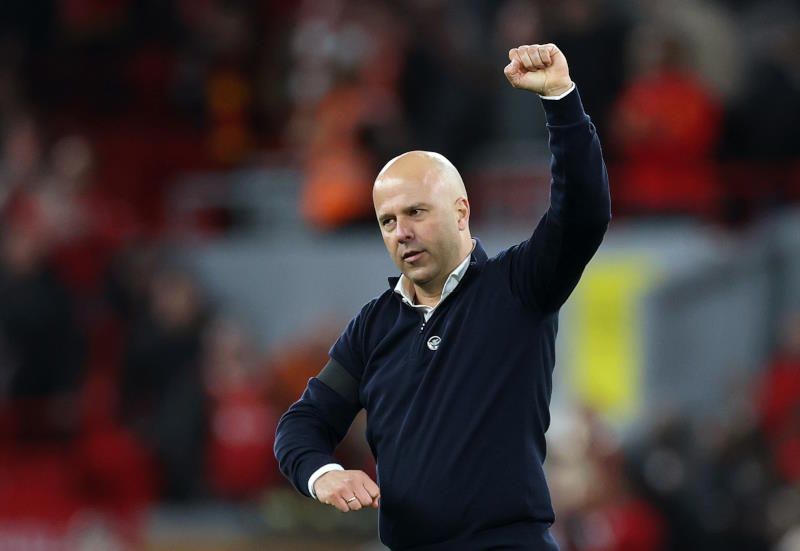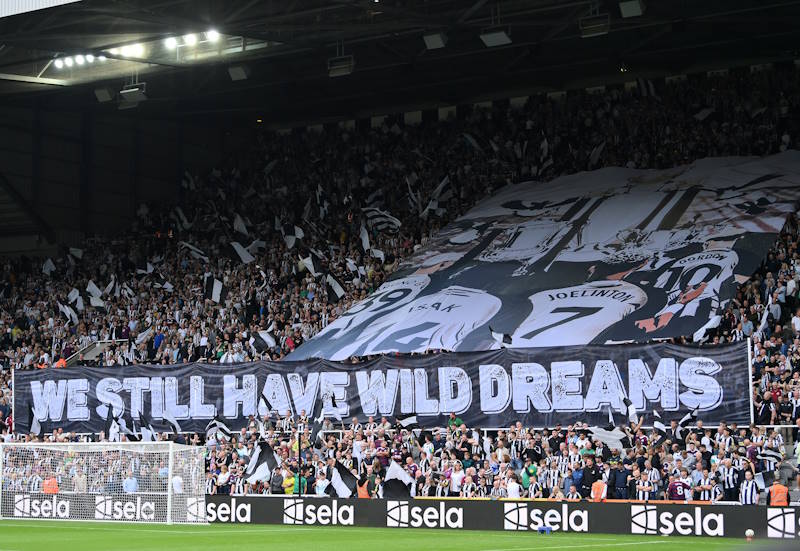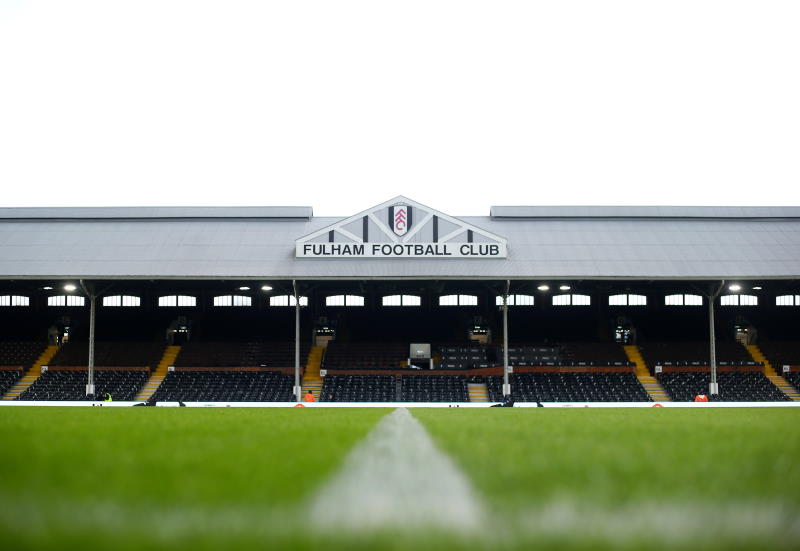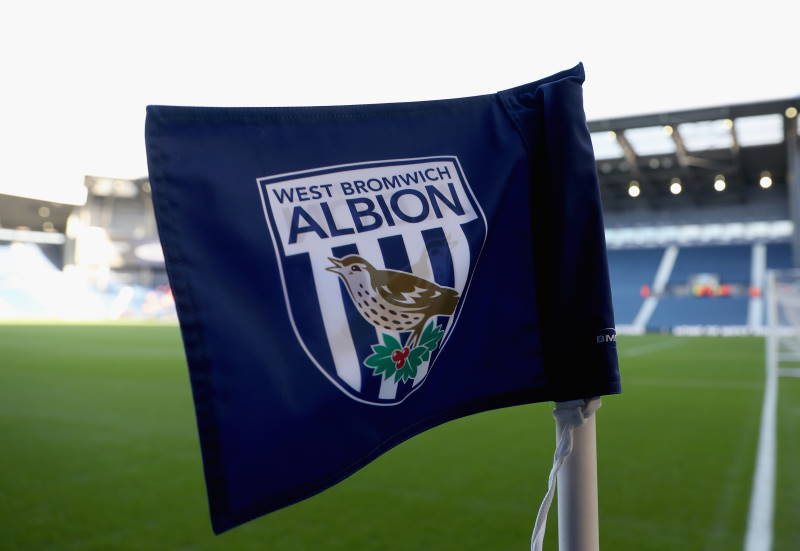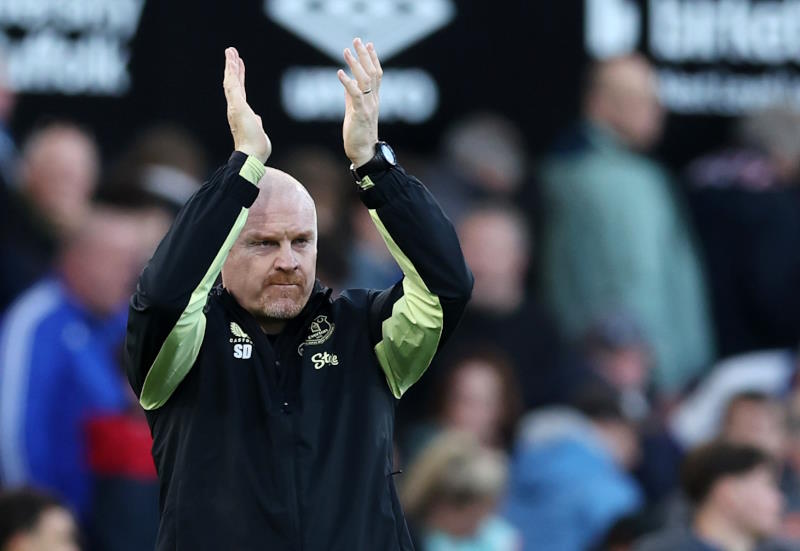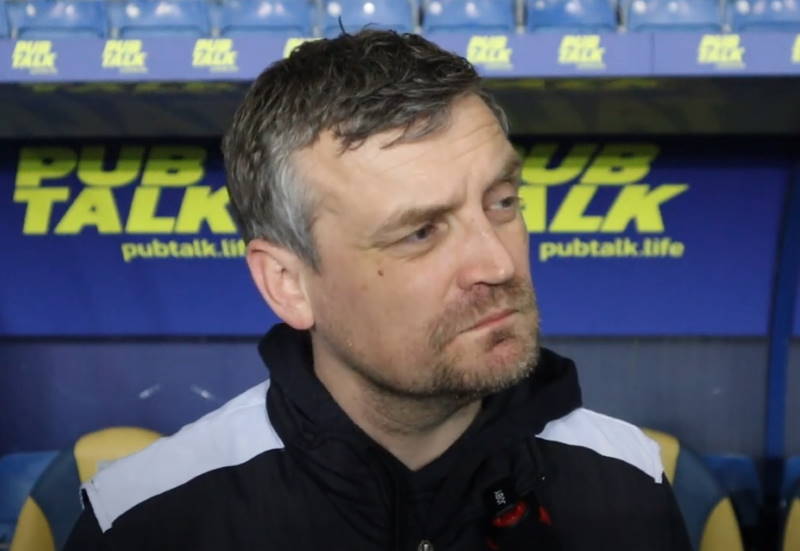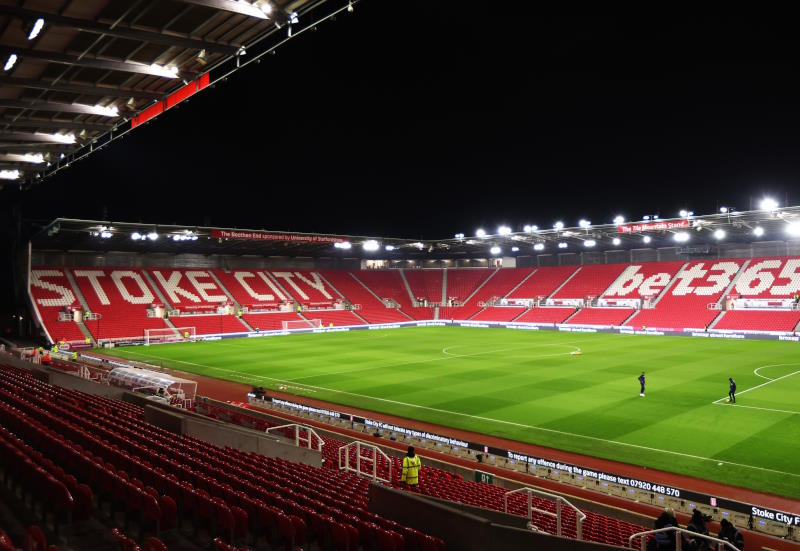
Sean Graham
As football players come and go, Tommy Burns was a gem and a gentleman of a guy. The ginger-haired Scot wasn’t one of your flashy footballers, who did not have time for anyone. In fact he was exactly the opposite.
Tommy always said he was just a fan who got lucky and who lived the dream. He was living the dream for Celtic fans and was the perfect role model for any kid to look up to.
He grew up in the Calton area of Glasgow, not far from Celtic Park, the place he dreamed of playing one day for his boyhood heroes. Tommy’s early days at primary school right through to his teenage years had all had the benefit of his early football skills, and at the tender age of 13, the young Scot was asked the all important question by Celtic Park.
In 1973 Tommy signed his first professional contract with the club. They could have offered him millions or a tuppence – and the truth is the youngster would have played for nothing.
After being sent out to Maryhill Juniors, the 18 year-old made his Hoops debut on 19th April 1975, replacing Paul Wilson in a 2-1 defeat at home to Dundee. He would go on to play for the club for 14 years.
Favourite across all borders
Tommy Burns was a much respected figure not only by the Celtic support. After his death fans from all clubs had come to pay their respects at Celtic Park. Colours from clubs from all over the world have been laid outside Celtic Park, such was the respect and high esteem that Tommy was held in by all supporters.
On the night before Tommy passed away, Celtic’s great rivals Rangers had played and lost a UEFA Cup final. Some of the Ibrox support had given the club a bad name with their behaviour, but thousands of decent Rangers fans took the time out from the European heartbreak to pay their respects to Tommy Burns, a gesture that had not gone unnoticed by the Celtic supporters. Such acts of decency give us hope for the future that the nastiness that surrounds the Old Firm can be stopped once and for all.
The sight of the Rangers management team standing side by side with their former Celtic rivals carrying Tommy Burns’s coffin brought tears, applause and tributes from the Celtic faithful. Football and even the greatest of rivalries were put to one side as all sections of the football world paid their tributes to a loving, compassionate man and a legend at Celtic Park.
Making an Impact
Tommy joined Celtic from Maryhill Juniors after being sent to the Lochburn Park side to learn his trade. Six Premier League medals, three Scottish Cup medals, one League Cup Winner’s medal and he was involved in the Celtic side which won the centenary double in 1988 under Billy McNeill.
In Scotland and in Europe, Tommy would shine against all opposition, but perhaps one of his finest performances on the European scene was a UEFA Cup match against Sporting Lisbon at Celtic Park. After losing 2-0 in the away leg, Tommy and the team knew that they would have to be at their very best to overcome this first leg deficit and after Tommy opened the scoring the Hoops went on to win 5-0.
With Tommy Burns in the side alongside Paul McStay and Murdo MacLeod in the midfield, Celtic would never be accused of lacking bite, craft or bottle and this was never more evident than during the 1985/86 season. Many did not give Celtic a hope of catching Hearts as they looked as good as champions before their visit to Dundee on the last day of the season. Celtic’s never-say-die attitude and two timely Albert Kidd goals however sent the Celtic fans inside Love Street into heaven as their side were winning 5-0 and playing like champions. Hearts lost 2-0 to Dundee and it was fact: Celtic were champions!
As well as a memorable league win in the club’s centenary season, Tommy also helped Celtic win the double.
National Player
Tommy Burns was a special player in a special team, but the surprising thing was that he only earned eight caps for Scotland despite his natural talent. He made his debut against Northern Ireland in 1981 and many thought that Tommy would be a natural first choice in the Scottish midfield due to the fact that he was one of the most talented and naturally gifted midfielders in the country. Unfortunately for him however, Scotland had players of great talent like Graeme Souness, Gordon Strachan,and Kenny Dalglish at their disposal at the time.
One of his biggest disappointments on the international scene was not being selected by Jock Stein in the 1982 World Cup. Tommy would make his last international appearance in 1988 at Wembley.
Time after Celtic
Despite his love of Celtic, in 1989 the Scotsman knew his time had come to move on. The emotion was too much on his last night and he admitted being in tears. Life after Celtic took the 33 year-old to Kilmarnock, where he was signed as a player by Jim Fleeting and helped the club to the first division in his first season at the club.
In 1992, Tommy would become player-manager, and he helped the club win promotion to the Premier League. But two years later the emotional pull of Celtic was too much to resist and both Tommy and his friend Billy Stark became the new management team at Celtic Park.
Management Years
Under Tommy Burns, Celtic would play some of the most attractive football seen in the club’s history, the kind of flowing attacking football that Celtic have been renowned for over the years. But unfortunately for the Scotsman, Rangers under Walter Smith were a tough nut to crack and a Coca-Cola Cup final defeat to first division Raith Rovers on penalties was another disappointment. A Scottish Cup final win over Airdrie (1-0) was Tommy’s only success as Celtic manager.
In 1996 Celtic only lost one match but still lost the title to Rangers. The pressure continued to mount on Burns and he was sacked in the 1997 season. TB, as he was known, came to Celtic at a time when Rangers were at their strongest with Andy Goram, Richard Gough, Paul Gascoigne, Ally McCoist and Brian Laudrup, who would tease and torment many a defence.
Spells at Newcastle United and Reading proved unsuccessful too, and the Scot returned home in 2000 to help Kenny Dalglish at Celtic. As Martin O’Neill came north, Burns was given a youth development role at the club, and later the job of first-team coach.
Later on, Tommy enjoyed a two-year spell in the national team as Berti Vogt’s assistant manager, and after working in the same position under former Rangers rival Walter Smith until 2005, both Scotsmen went separate ways as they accepted offers from their former clubs.
Working with the team and seeing many promising players mature through the youth system was something that was close to Tommy’s heart. He was a constant campaigner for the Lennoxtown training facility that Celtic now have at their disposal and the club will benefit from it for many years to come.
Illness
Tommy had other things on his mind as he was receiving treatment for melanoma, a form of skin cancer, and had two lumps removed from his leg. Many thought that Tommy would now be clear of his illness, but unfortunately that was not to be. Further treatment had been received to no avail and Tommy passed away at home.
The Celtic family had lost one of their own and a river of tears or a thousand words could not ease the pain that everyone connected with the club felt on that day. Celtic manager at the time Gordon Strachan was very emotional and shaken when he spoke about Tommy’s passing: ”Being Tommy’s mate was the best part of joining Celtic. As a footballer there were not many better than him and as a person he was top of the league when it comes to being a man.”
Many things have been said and written about Tommy. He was a special person, unique, funny, had a great voice, a talented footballer, family man and devout Catholic. His presence around Celtic Park will be missed more than any words can ever express, by the players, management, board and fans.
Tommy has given the Celtic support so many great memories and he was a fan so he knew what it meant to win and lose as a Celtic player, with grace and dignity. His style of football was the style that the Celtic support became used to over the years, fast flowing, attacking football, a joy to watch and if it had not been for the fact that Rangers had a strong side then maybe Tommy would have gone on to enjoy even more success as a Celtic manager.
In the days of greed, self-importance and fans being kept at a distance from the players, the game that Tommy loved so much has changed. He had to endure one of the most transitional periods when Fergus McCann was at the club, both a hero and villain with the fans at the time.
The tributes outside Celtic Park and beyond had shown just how significant a figure Tommy Burns was in the Scottish game, Rosemary, Tommy’s wife, and the rest of the Burns family should be proud of him. He was one of the boys, much loved and he will never be forgotten.
Austria 08/09 Away **50% off ** Leverkusen 08/09 Home **30% off**
Related Articles:
- – Aberdeen Legend, Wigan Assistant Manager Eric Black Interviewed
- – Queen of the South: 90 Years Still Strong
- – Atlantic League Needed as European Leveller?

